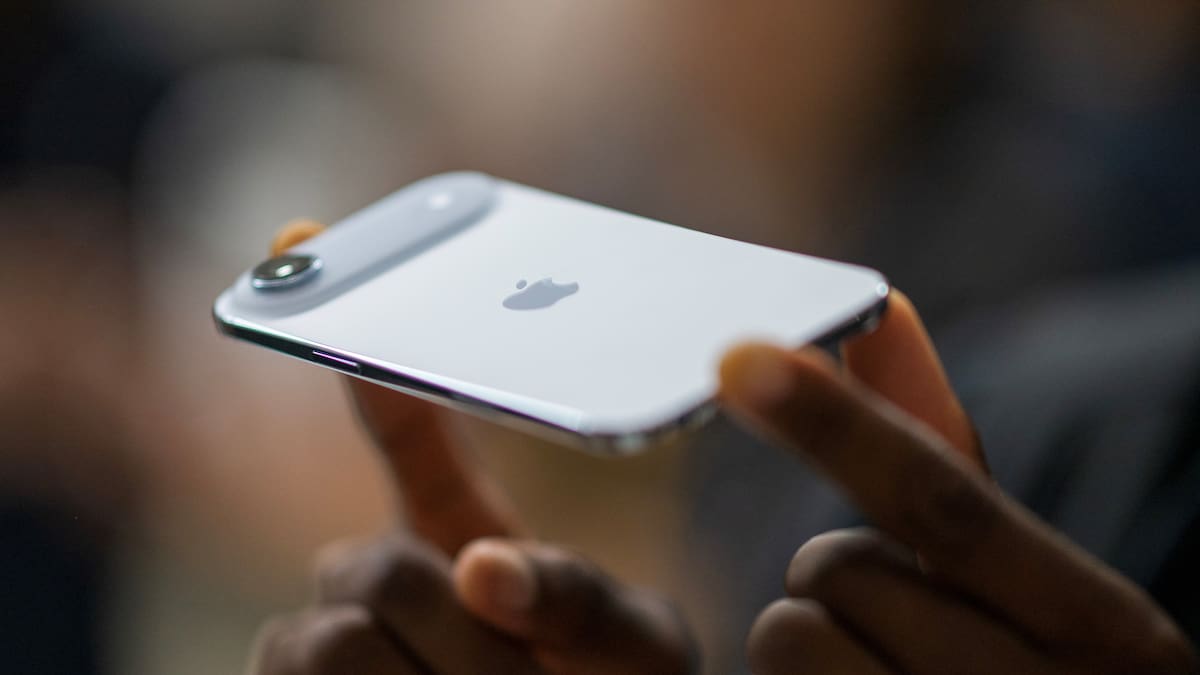To reinvigorate its brand, Apple introduced the iPhone 17 Air, which CEO Tim Cook called “a total game-changer”.
At just 5.6mm thick, the US$999 ($1685) device features Apple’s new A19 Pro processor – its most powerful iPhone chip to date – and promises all-day battery life with up to 40 hours of video playback.
The Air joins Apple’s more standard line-up, including the premium iPhone Pro 17, the company’s most expensive and highest-performing model.
While all new devices incorporate generative AI technology, Apple made no major announcements about expanding its AI capabilities beyond updates to existing features in its “Apple Intelligence” suite.
The company’s AI push has struggled to gain traction since it launched “Apple Intelligence” late last year. Users have been particularly disappointed with improvements to Siri, which remains surprisingly basic, despite years of promises.
Apple reportedly plans to integrate AI into online search next year and overhaul Siri, though the company hasn’t confirmed these reports.
The tech giant is also said to be partnering with Google to tap into its search and AI expertise.
“To truly differentiate and smoke the competition, Apple will have to crack AI as a new contextual user interface” on its devices, Forrester analyst Thomas Husson said in a note.
“Executing such an ambitious AI strategy will take time. It won’t happen at best until next year, if not for the iPhone’s 20th anniversary” in 2027, he added.
Pivot to Air
Industry analysts see the iPhone Air as a strategic pivot, with Apple positioning ultra-thin design – rather than larger screens – as its new premium selling point.
The super-slim profile could also pave the way for Apple’s long-rumoured foldable iPhone, expected as early as next year. Samsung and China’s Huawei already offer foldable smartphones.
However, engineering such thin devices presents challenges: higher production costs and reduced battery space, though Apple claims 24-hour battery life for the iPhone 17 Air when fully charged.
Despite tariffs that increase production costs, Apple kept iPhone prices unchanged from last year’s equivalent models – a move that may squeeze profit margins.
Cook revealed in July that Trump’s tariffs cost Apple US$800 million last quarter, with an estimated US$1.1 billion impact expected this quarter.
Apple shares fell 1.40% after pricing details were announced, reflecting investor concerns about the company’s ability to maintain its profit margins.
Apple also introduced the AirPods Pro 3, featuring enhanced noise cancellation and real-time translation capabilities, with the Apple Watch Series 11, which includes 5G connectivity, extended battery life and heart-health monitoring features, pending regulatory approval.
– Agence France-Presse

